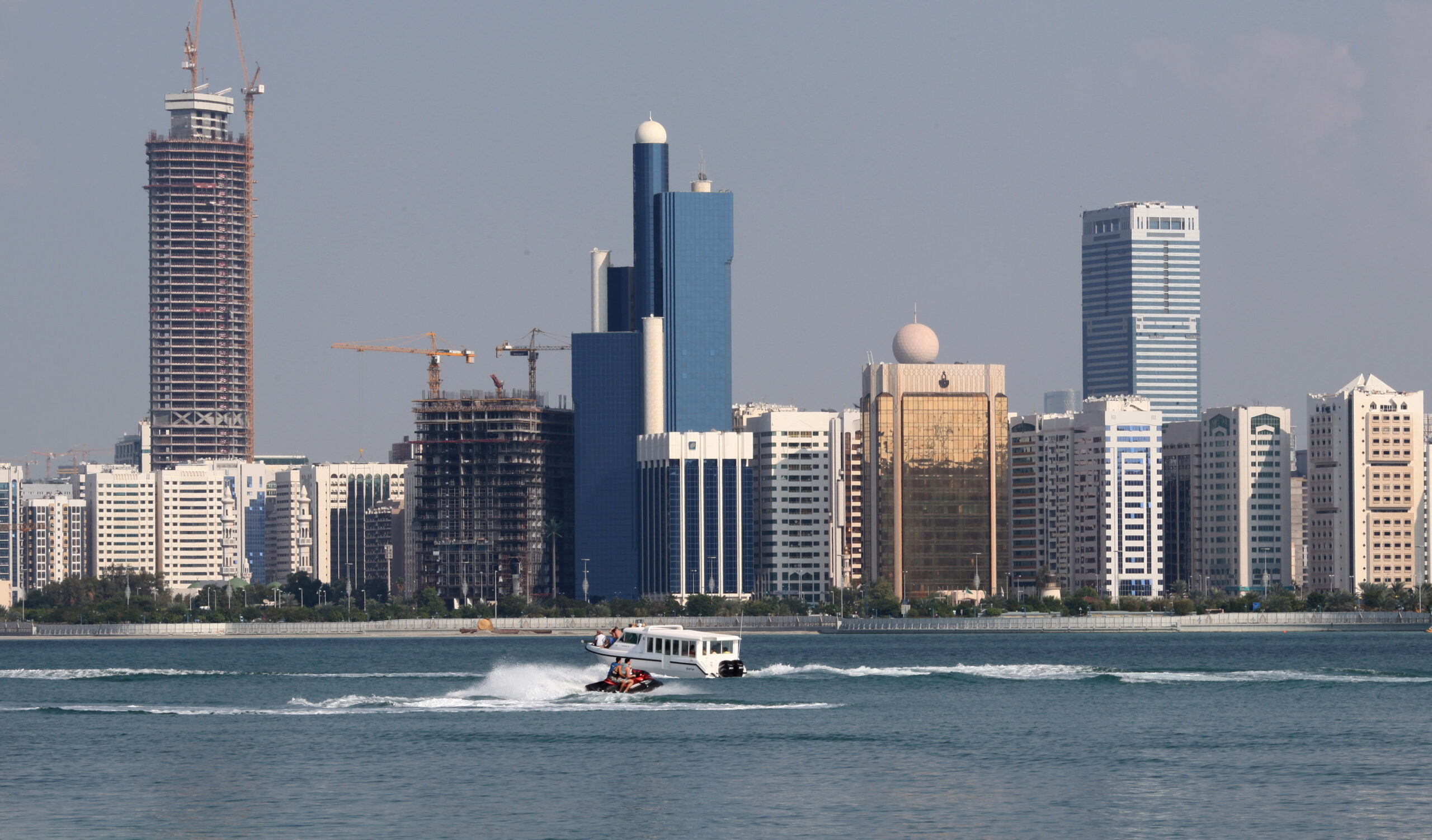Abu Dhabi’s non-oil foreign trade hit a record AED306 billion in 2024—a 9 percent increase from AED281.9 billion the year before. While the UAE is known for its energy exports, this milestone signals a deeper shift in the emirate’s economic identity: one that is increasingly diversified, digitally enabled, and globally connected.
What’s driving the trade growth?
The strong figures were led by a 16 percent jump in non-oil exports, which totaled AED107.8 billion, showing that Abu Dhabi is becoming more competitive in high-value manufacturing and services. Re-exports—goods brought in and shipped out again—also grew by 11 percent, exceeding AED58 billion, while imports rose 3 percent to AED140.2 billion, reflecting steady domestic demand.
This growth is not a coincidence. It’s the result of years of policy planning, investment in digital infrastructure, and trade-friendly reforms that are now bearing fruit.
How is Abu Dhabi making trade easier?
Abu Dhabi has leaned heavily into trade facilitation, cutting red tape and investing in smart customs systems. According to Rashed Lahej Al Mansoori, Director-General of Abu Dhabi Customs, these efforts are part of the emirate’s ambition to become “a global hub for business, trade, and investment.”
Some of the key tech-driven changes include:
- A 17 percent increase in digital platform transactions in 2024
- A 31 percent jump in automated and proactive transactions
- A 3 percent rise in overall customs declarations
These numbers reflect a seamless digital experience for companies moving goods across borders, significantly lowering operational friction and costs.
Why does non-oil trade matter for Abu Dhabi?
With global energy markets becoming more volatile, non-oil trade is central to Abu Dhabi’s long-term economic vision. Diversification helps buffer the economy from oil price shocks and attracts a wider mix of global investors, manufacturers, and logistics players.
In fact, the non-oil sector already plays a key role in the UAE’s GDP—and in 2024, Abu Dhabi’s non-oil economy grew by 6.2 percent, even amid complex global conditions.
“By leveraging accurate and reliable trade data, we enable decision-makers to develop policies that support sustainable economic growth,” said Abdulla Gharib Al Qemzi, Director-General of the Statistics Centre – Abu Dhabi.
What’s next?
As Abu Dhabi continues to deepen its role in global supply chains—especially in sectors like clean energy, aerospace, pharmaceuticals, and advanced technology—it’s likely that non-oil trade will remain a cornerstone of the emirate’s economic strategy.
Looking ahead, Abu Dhabi Customs and its partners are working to further streamline processes, reduce costs, and integrate AI-driven systems, all while positioning the capital as a gateway between Asia, Africa, and Europe.






